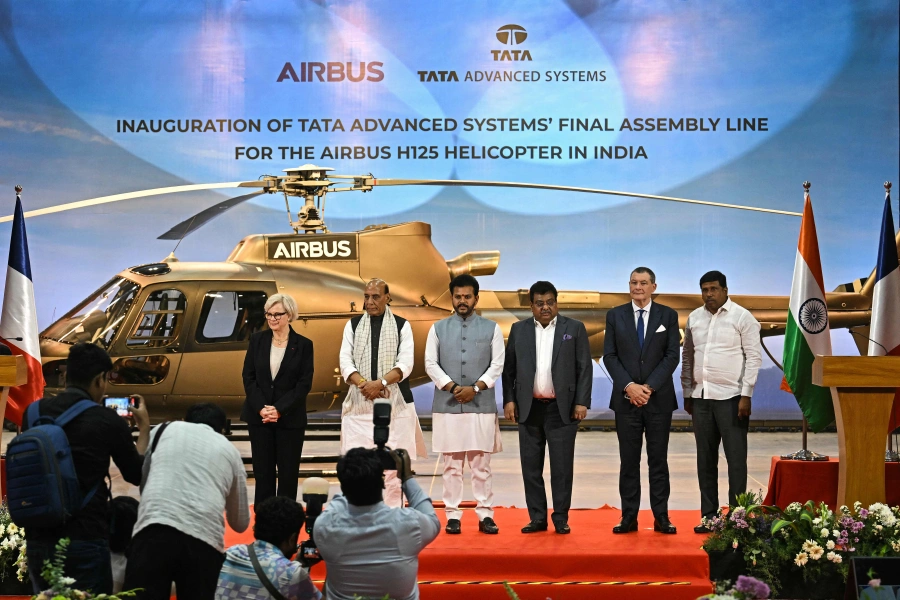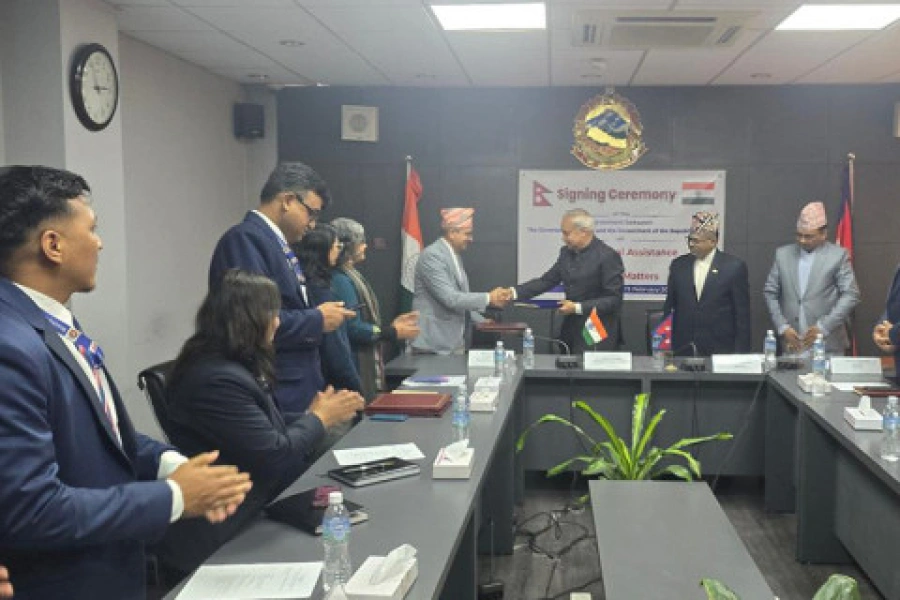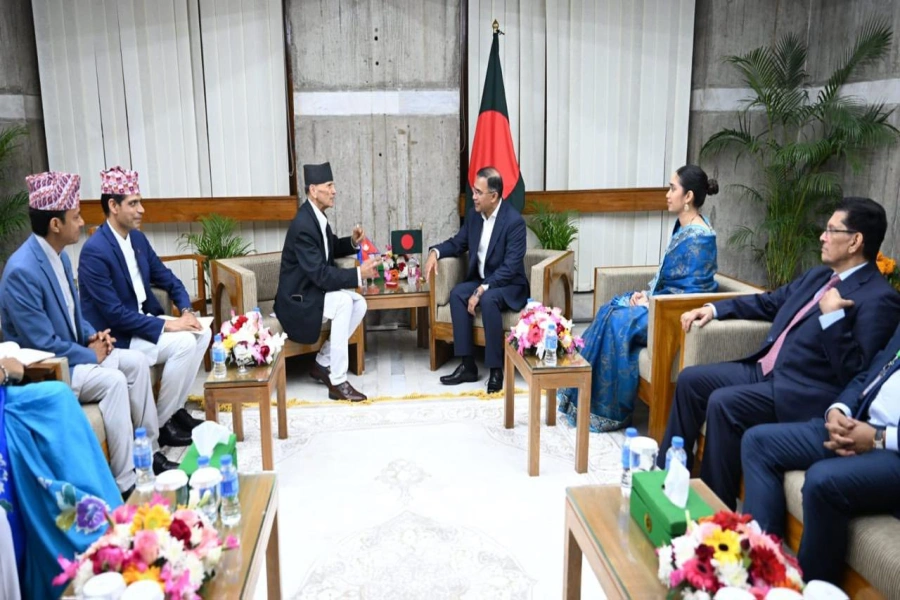KATHMANDU, March 20: In the name of administrative reform, more than two dozen high-level commissions, working groups and committees have been formed in the last 71 years. But instead of implementing most of the reports given by those commissions, working groups and committees, the government is shying away from its responsibilities against public interest.
Although commissions have been formed by the government, the reports given by some commissions and committees have not been disclosed yet. Instead of implementing the suggestions made by previous commissions or committees, Prime Minister Pushpa Kamal Dahal said recently that he would form a high-level administration reform commission to address the problems seen in the administrative sector. PM Dahal said that he will form a high-level administration reform commission under his own leadership.
Even in the past, a high-level commission for administrative reform was formed under the leadership of the prime minister and the report of that commission has not been implemented yet. Dahal said that the government is serious about solving the existing problems in the administrative sector. He said, “We should not delay now, a big gap has been created between the employees and people's expectations.” Dahal said that a commission would be formed within some time and experts would be hired for it.
Bill proposes dissolving Administrative Court, creating adminis...

Commissions in the past
Since 1953, the formation of commissions, committees and working groups has continued in the name of administrative reforms. According to the Ministry of Federal Affairs and General Administration, more than two dozen commissions, committees and working groups have been formed in the period of 71 years, some of which were chaired by the prime minister himself.
In the year 1953, under the chairmanship of Indian citizen NM Bush, the first Administrative Reforms Commission was formed. Last year, under the coordination of the then Secretary of the Prime Minister's Office, Laxman Aryal, a working group was formed to study the posts of high-level employees including secretaries. Aryal’s working group has also submitted its report. The task force has suggested reducing the number of secretaries at the center. Last month, the government decided to increase the post of secretary against the suggestion given by the working group.
Home Secretary, General Administration Secretary, Finance Secretary, Law Secretary were ex-officio members in the working group led by Aryal. "None of the recommendations given by the task force were implemented," says a source at the Ministry of Federal Affairs and General Administration.
According to the Ministry of Federal Affairs and General Administration, from 2014 to 2020, under the chairmanship of Kashi Raj Dahal, two separate high-level committees – the Administrative Reform Implementation Monitoring Committee and the Federal Administrative Restructuring Committee – were formed. Both the committees have submitted their reports. The committee has recommended the government to keep only 30,000 to 35,000 employees in the federal government and only 15 ministries at the center. But the suggestion has not been implemented.
In the year 2010, the Council of Ministers formed a permanent administration reform commission under the coordination of the Minister for General Administration. But that decision was not implemented at that time. Looking at history, after 1953, in 1957, a powerful Administrative Reform Commission was formed under the coordination of the then Prime Minister Tanka Prasad Acharya. During the Panchayat period, commissions and committees were formed in 1969 and 1976. After the downfall of the Panchayat regime, an empowered Administrative Reform Commission was formed under the chairmanship of the then Prime Minister Girija Prasad Koirala.
In the year 2008, another commission was formed in the name of administrative reform under the chairmanship of Madhu Nidhi Tiwari. After the House of Representatives elections in 2017, the then Prime Minister KP Sharma Oli formed the Public Expenditure Review Commission under the coordination of Dilli Raj Khanal. The commission submitted a report to the Oli government. But the Oli government did not implement the recommendations of the commission made by itself.






































